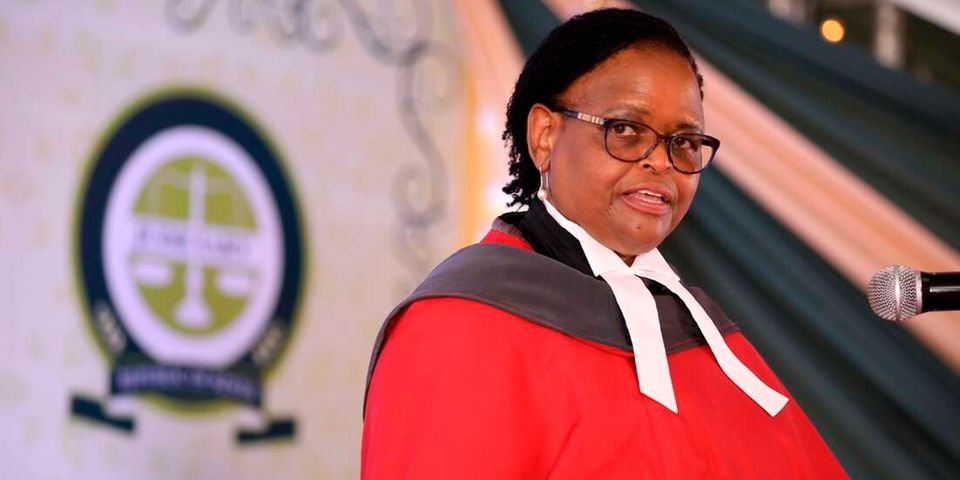The High Court has referred the impeachment cases involving Deputy President Rigathi Gachagua to Chief Justice Martha Koome, requesting her to appoint a panel of three judges to hear and resolve the matter.
In his ruling, Justice Lawrence Mugambi highlighted that the cases raised significant constitutional issues, warranting the Chief Justice’s intervention. "Despite the opposition from the respondents, I believe these cases raise weighty constitutional questions under Article 163, and therefore, I am convinced that they should be referred to the Chief Justice," Mugambi stated.
Justice Mugambi emphasized that the courts are not merely forums for intellectual debates among elites but serve the public in matters of national importance. "This is one of those rare occasions where the court must rise to meet public concern with all the resources at its disposal," he added.
This decision follows arguments from Deputy President Gachagua’s legal team, led by Senior Counsel Paul Muite, who claimed that Gachagua’s impeachment posed unprecedented constitutional challenges. Muite argued that this was the first attempt to impeach a deputy president under Kenya’s new constitution, and called for a special panel of judges to address the case.
Muite further argued that the impeachment process differed significantly from that of a president or governor and criticized the lack of adequate public participation in the motion to impeach Gachagua. According to him, the Deputy President should have been allowed to respond to the 11 charges against him before public discussions took place.
“The right to a fair trial cannot be compromised. This case presents serious constitutional issues in our presidential system,” Muite noted.
With the case now under Senate consideration, the next phase involves a plenary hearing where senators will examine the 11 charges and provide Gachagua and his legal team with four hours to present their defense. Both the National Assembly and Gachagua’s team will have the opportunity to call witnesses, allowing the Senate to deliberate before a final decision is reached.

